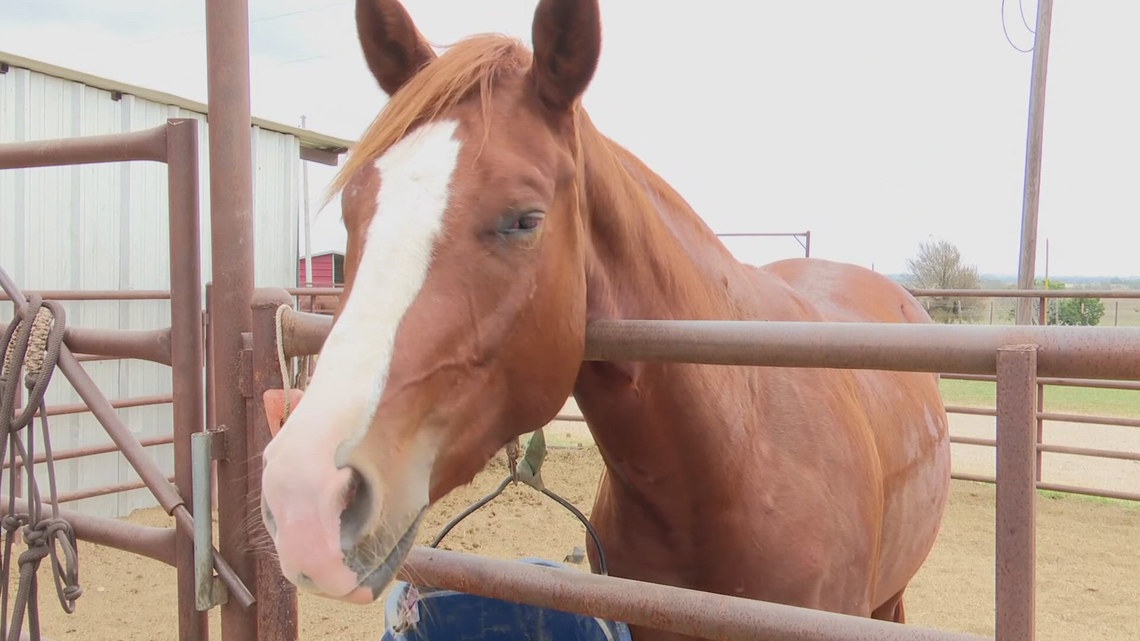
The outbreak is linked to the Women’s Professional Rodeo Association (WPRA) World Finals and Elite Barrel Race that took place on Nov. 5-9.
BASTROP, Texas — The Mayfest Park Rodeo Arena in Bastrop will be closed until further notice following an outbreak of Equine Herpesvirus Type 1 (EHV-1), a virus found in horses, city officials announced on Thursday.
The outbreak is linked to the Women’s Professional Rodeo Association (WPRA) World Finals and Elite Barrel Race that took place on Nov. 5-9 in the Waco area. Texas Agriculture Commissioner Sid Miller issued an alert on Wednesday urging all those who attended, transported horses or were near the event to take safety precautions.
“This virus can spread fast, it can be deadly, and the earliest signs are often so subtle they’re easy to miss,” Commissioner Miller said in a statement. “That’s why monitoring your horses right now is critical. The quicker we identify a potential case, the better chance we have to protect not only our animals, but the entire Texas equine community.”
An aggressive strain of EHV-1 has been confirmed by veterinary clinics in Central Texas. Investigations remain ongoing and the Texas Department of Agriculture believes the situation could spread quickly with severe outcomes for impacted horses.
Those who should act immediately are those who:
- Have a horse that was present at the WPRA event in the Waco area or transported one to/from that event
- Have a horse that has mingled with those transported from that event
- Any horse owner or facility operator who has recently participated in large multi–barn gatherings, roping jackpots, or traveled extensively enough to include the Waco region
Symptoms of EHV-1 may include the following:
- Fever
- Nasal discharge, coughing, or other respiratory changes
- Depression or lethargy
- Neurological signs: stumbling or incoordination, loss of tail tone, hind-limb weakness, head tilt, recumbency
- Abortions in pregnant mares
Officials say the virus spreads quickly and horses can transmit it directly through nose-to-nose contact. Infected animals may release particles when they cough or sneeze. An indirect transmission of the virus could be through grooming tools, water and feed buckets, thermometers and other equipment.
Humans could also unintentionally act as carriers of the virus by spreading it from their hands, clothing or boots.
The Equine Disease Communication Center is continuing to monitor the situation.
